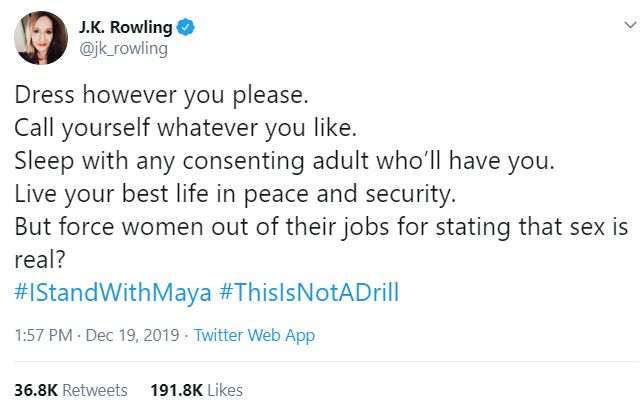(We are offline due to a
much-needed research period this winter/spring, so we've decided to re-publish
some earlier pieces you might have missed the first time.)
Votes for women-- white women only, please
'The Conservative is
afraid of the future,' goes the old trope, 'and the Progressive is afraid of
the past.'
What the Progressive especially fears is his own past—that is, his fellow travelers of yesteryear.
As Joe Biden is learning, what passed for 'leftist thought' 30 or 40 or 100
years ago can turn a modern-day liberal's ears scarlet. We hope you find this stroll down memory lane as fascinating as we did.
* * *
Slate ran a series a few years back, '
Liberal Creationism,' after the brouhaha over
James Watson's remark that Afros were less intelligent than other groups. In this prescient piece, the author warns that many of the old 'racialist' tropes are likely to soon be proved true, and that the average progressive should mentally steel himself for it:
If this suggestion makes you angry—if you find the idea of genetic racial advantages outrageous, socially corrosive, and unthinkable—you're not the first to feel that way. Many Christians are going through a similar struggle over evolution. Their faith in human dignity rests on a literal belief in Genesis. To them, evolution isn't just another fact; it's a threat to their whole value system.
The same values—equality, hope, and brotherhood—are under scientific threat today. But this time, the threat is racial genetics, and the people struggling with it are liberals. ... You can try to reconcile evidence of racial differences with a more sophisticated understanding of equality and opportunity. Or you can fight the evidence and hope it doesn't break your faith.
The proof is at this point hard to ignore, even if thought leaders are doing their level best to conceal it. As blogger JayMan asks from atop his mountain of scientific data,
How much hard evidence do you need? It is likely that in the next several years some lab finding will 'clinch' the question once and for all, pushing HBD into the mainstream as it has germ theory or heliocentrism.
At that point, what is a sincere progressive to do? The notion of cognitive or behavioral differences between ethnic groups is, for him, deeply repugnant.
One is tempted to hand him the same 'deal with it' doled out by his ilk to those who found the monkey-to-man mythos unpalatable:
But it may be more kind to invite such folks to spend some time with their own forebears--the Progressives of the late 19th / early 20th centuries. People who like themselves were born with a desire to make the world a better place, but who
unlike themselves did not shy away from the realities of human biodiversity.
So who is this creature,
the Progressive? What did he once believe and may believe again?
























